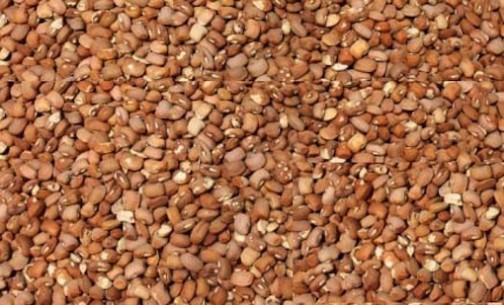There are no products in your shopping cart.
| 0 Items | £0.00 |


EUROPEAN Union (EU) officials have their ban on Nigerian bean imports until June 2022 in response to the country’s failure to implement a food safety action plan suggested by the European Commission (EC) in 2018.
Way back in 2015, EU safety authorities banned Nigerian beans imports because they contained between 0.03mg per kg and 4.6mg/kg of dichlorvos pesticide, which is above the acceptable maximum residue limit of 0.01mg/kg. With Nigeria failing to take any action on the matter, the EC decided to extended the suspension until June 2019 owing to the continuous presence of dichlorvos.
In February 2018, Nigeria submitted a new action plan and stated that its objective was to control and streamline in particular dried beans, strengthen the legal and regulatory environment and build fundamentals for quality production of dried beans. However, the EC understands that Nigeria has not yet implemented that action plan, nor granted any budgetary means for its implementation.
As a result the ban has been extended once again. According to the EC, the duration of the suspension of the import would be extended for an additional period of three years until June 30, 2022 to allow Nigeria to implement the appropriate risk management measures and provide the required guarantees.
An EC spokesman said: “The stage of implementation by Nigeria of the action plan as regards the integrated pest management and maximum residue levels of pesticides, do not allow the conclusion that union requirements as regards pesticide residues on the relevant dried beans are met.”